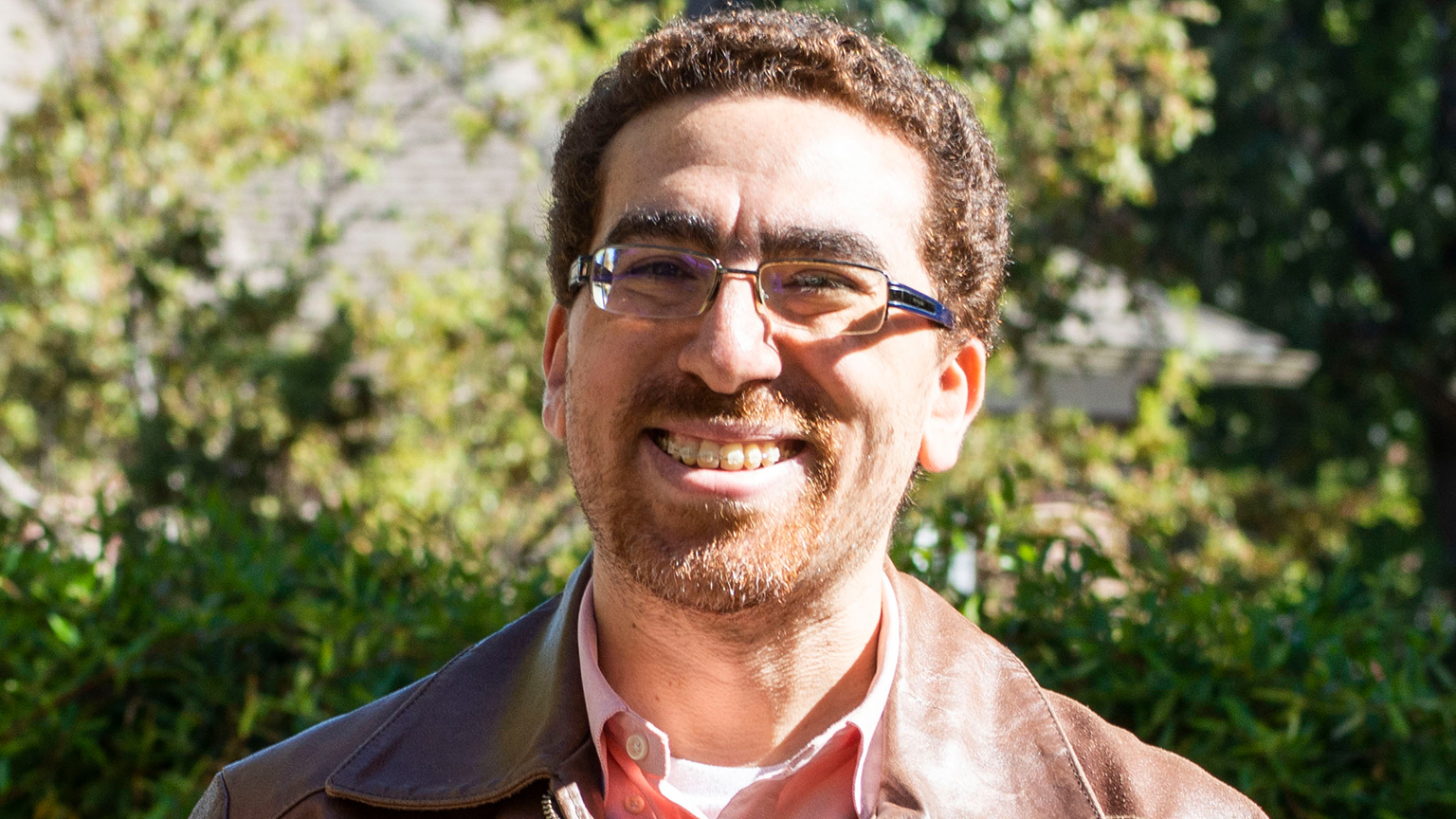Dr. Tarek Rakha Named High Performance Building Lab Director

Wednesday, April 7, 2021 | Atlanta, GA
By Carmen New
Assistant Professor Tarek Rakha was named director of the Georgia Tech High Performance Building Lab (HPBL) in January 2021, continuing the legacy of Professor Emeritus Godfried Augenbroe who retired in late 2019.
“First, it’s truly an honor to succeed Prof. Godfried Augenbroe, who has built a phenomenal legacy for this lab with a remarkable international reputation,” said Rakha.
Rakha joined the Georgia Tech School of Architecture in January 2019, and in his first semester as a new faculty member, Rakha brought the internationally recognized Symposium on Simulation for Architecture and Urban Design (SimAUD) to Georgia Tech. The symposium, which brought over 100 experts from around the world to present and discuss cutting-edge research, experience hands-on simulation, and speculate on the future of the built environment, amplified the School’s research in high performance buildings.
In 2020, Rakha received the Emerging Contributor Award from the International Building Performance Simulation Association, National USA Chapter. The award recognizes an individual’s demonstrated growth in the field of building simulation. Also in 2020, Rakha also received the Georgia Tech Student Recognition of Excellence in Teaching: Class of 1934 Award, which recognizes faculty members who receive exceptional course evaluations.
“I am planning the HPBL’s future to develop performance informatics and energy simulation frameworks to empower design in facing climate change, by leading a team of researchers from multiple disciplines to focus on equitable built environment solutions,” Rakha said. “I also aim for the HPBL to collaborate with smart and connected communities across the nation on transdisciplinary built environment investigations, and to employ Artificial Intelligence (AI) in assessing energy efficiency and informing directed retrofitting solutions for our material environment, energy systems infrastructure and healthier, more efficient human behavior change.”
Rakha serves as the coordinator of the Master of Science in Architecture’s high performance building program and is a Ph.D. advisor in the areas of building design technology and urbanism. Rakha also joins Director of the Master of Architecture Program, Michael Gamble in offering a studio each year that brings high performance building and sustainable design to the forefront of the studio’s focus.
Rakha’s research aims to influence architecture, urban design and planning practices through three areas of expertise including urban and building performance simulation, built environment vulnerability diagnostics using heat mapping Computer Vision drones, and microclimate simulation and infrastructure inspection for comfortable, walkable and bikeable neighborhoods and cities.
“Climate change is the biggest threat in human history to our planet’s health, and marginalized communities are the most vulnerable to its dire risks,” said Rakha. “A new High Performance Building research agenda is therefore critical and timely, as it can inform climate-responsive and sustainable built environment design decisions to advance racially and socially just solutions for planetary health. By developing, validating and deploying novel computing applications and building energy simulation technologies, the HPBL can help in lowering Energy Cost Burdens (ECB), diagnosing and addressing built environment vulnerabilities, and informing built environment retrofits for underserved and marginalized communities.”
Currently, Rakha is the principal investigator on the Aerial Intelligence for Retrofit Building Energy Modeling (AirBEM) project funded by the U.S. Department of Energy. He is also the co-principal investigator for the Development of Drone-Assisted Pavement Profile Mapping: Near-Surface Void Detection Application project funded by the Georgia Department of Transportation, and MicroCam: A Low Power and Privacy Preserving Multi-modal Sensor Platform for Occupancy Detection and Counting project funded by the Advanced Research Projects Agency-Energy (ARPA-E).